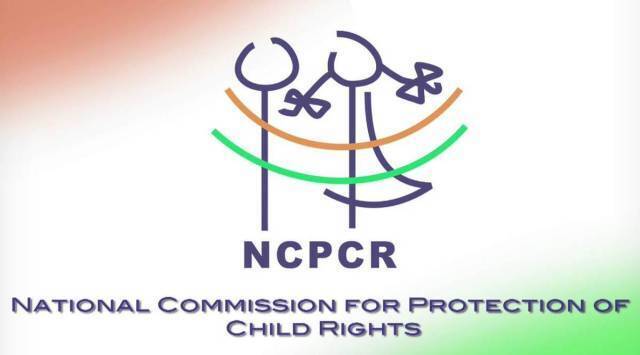Important for
Prelims: Indian Polity
Mains: General Studies Paper II
NCPCR issues guidelines for assessment of child suspects in heinous offences

The Guidelines :-
- Child suspects should be assessed by a team of experts, including a child psychologist or psychiatrist, a medical doctor, and a social worker.
- The assessment should take into account the child’s age, developmental stage, and maturity level, as well as any history of trauma or abuse.
- The team should also consider the child’s cognitive abilities and capacity to understand the charges against them.
- The child suspects will be provided with legal aid and support from child welfare agencies.
- The Juvenile Justice Board (JJB) will be responsible for conducting a preliminary assessment of the child suspect.
- The JJB must complete this assessment within three months from the date the child is first brought before it.
- If the JJB determines that there is a need for a trial of the child as an adult, it will then transfer the case to the Children’s Court. Essentially, the JJB plays a key role in the assessment process and in determining whether the case should be tried in juvenile court or adult court.
Categories of Offences under the JJ Act, 2015 :-
- 3 categories:
- Petty Offences include those for which the maximum punishment under any law is imprisonment up to three years
- Serious offences include crimes for which the punishment is a minimum imprisonment for a term of more than three years and not exceeding seven years.
- Heinous offences include those for which the minimum punishment under the Indian Penal Code or any other law is imprisonment for seven years or more,
- There is a specific provision under which initiation of an inquiry into a heinous crime is differentiated based on the age of the child, and two essential conditions need to be met for this preliminary assessment to take place:
- The offence must be in the category of “heinous” as defined in the Act, and
- The child who allegedly committed the crime must be in the age group of 16-18 years.
What is the Need for such Guidelines?
- Ensure their Well-Being:
- Children who are accused of committing heinous offenses are vulnerable and may require special care and attention to ensure their physical and emotional well-being.
- To determine their Cognitive Capacity:
- Children have varying levels of cognitive development, which can affect their ability to understand the charges against them and participate in legal proceedings.
- Legal Decisions:
- Assessments of child suspects can provide valuable information to judges and legal professionals, who may need to make decisions about how to proceed with a case.
What is the National Commission for Protection of Child Rights?
- NCPCR is a statutory body set up in March 2007 under the Commissions for Protection of Child Rights (CPCR) Act, 2005.
- It is under the administrative control of the Ministry of Women & Child Development.
- The Commission’s mandate is to ensure that all laws, policies, programmes, and administrative mechanisms are in consonance with the child rights perspective as enshrined in the Constitution of India and also the UN Convention on the Rights of the Child.
- It inquiries into complaints relating to a child’s right to free and compulsory education under the Right to Education Act, 2009.
- It monitors the implementation of Protection of Children from Sexual Offences (POCSO) Act, 2012.
Practice Questions for Prelims
Consider the following statements regarding NCPCR guidelines for assessing child suspects under Juvenile Justice Act :
1. Child suspects should be assessed by a team of experts, including a child psychologist or psychiatrist, a medical doctor, and a social worker.
2. The assessment should take into account the child’s age, developmental stage, and maturity level, as well as any history of trauma or abuse.
3. The team should also consider the child’s cognitive abilities and capacity to understand the charges against them.
4. The child suspects will be provided with legal aid and support from child welfare agencies.
Which of the given statements is/are correc:
a) 1 and 2 only
b) 1,2 and 3 only
c) 1,3 and 4 only
d) All of the above
Ans. d




Leave a Reply
You must be logged in to post a comment.